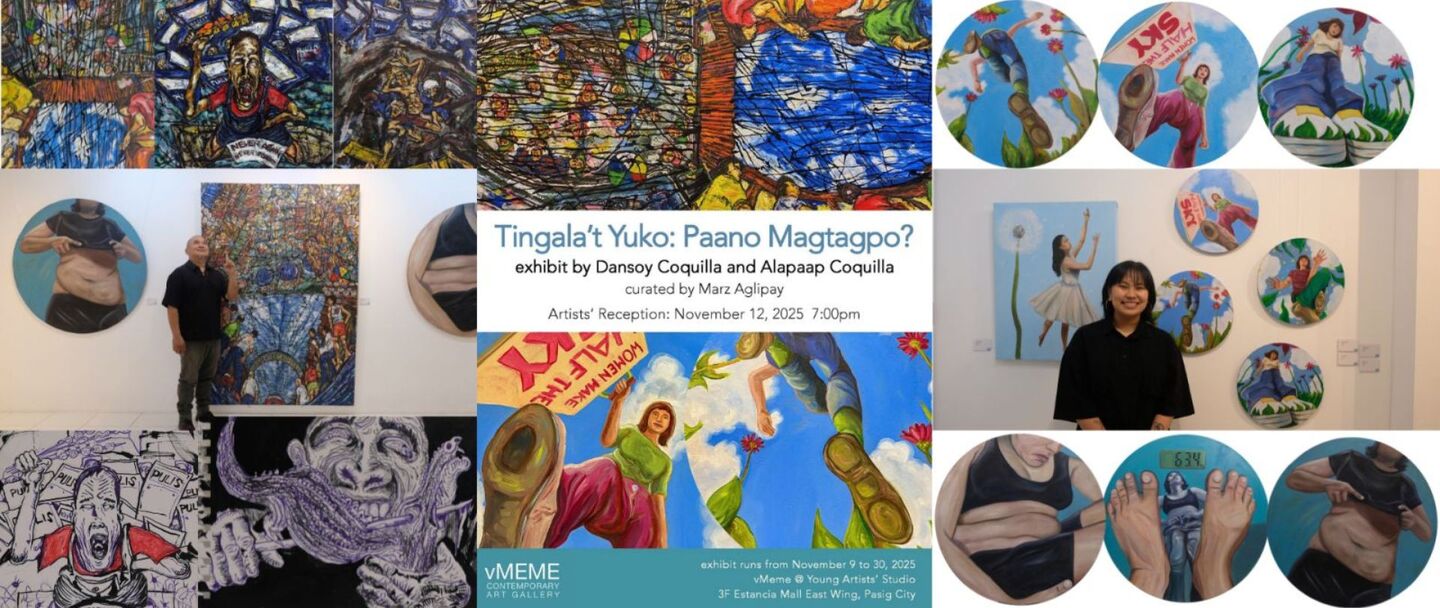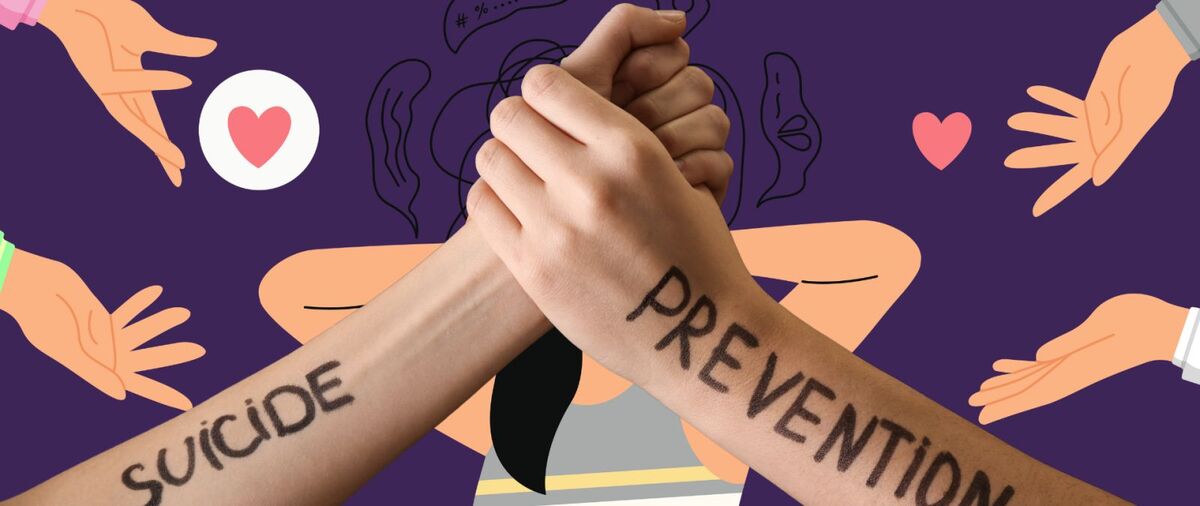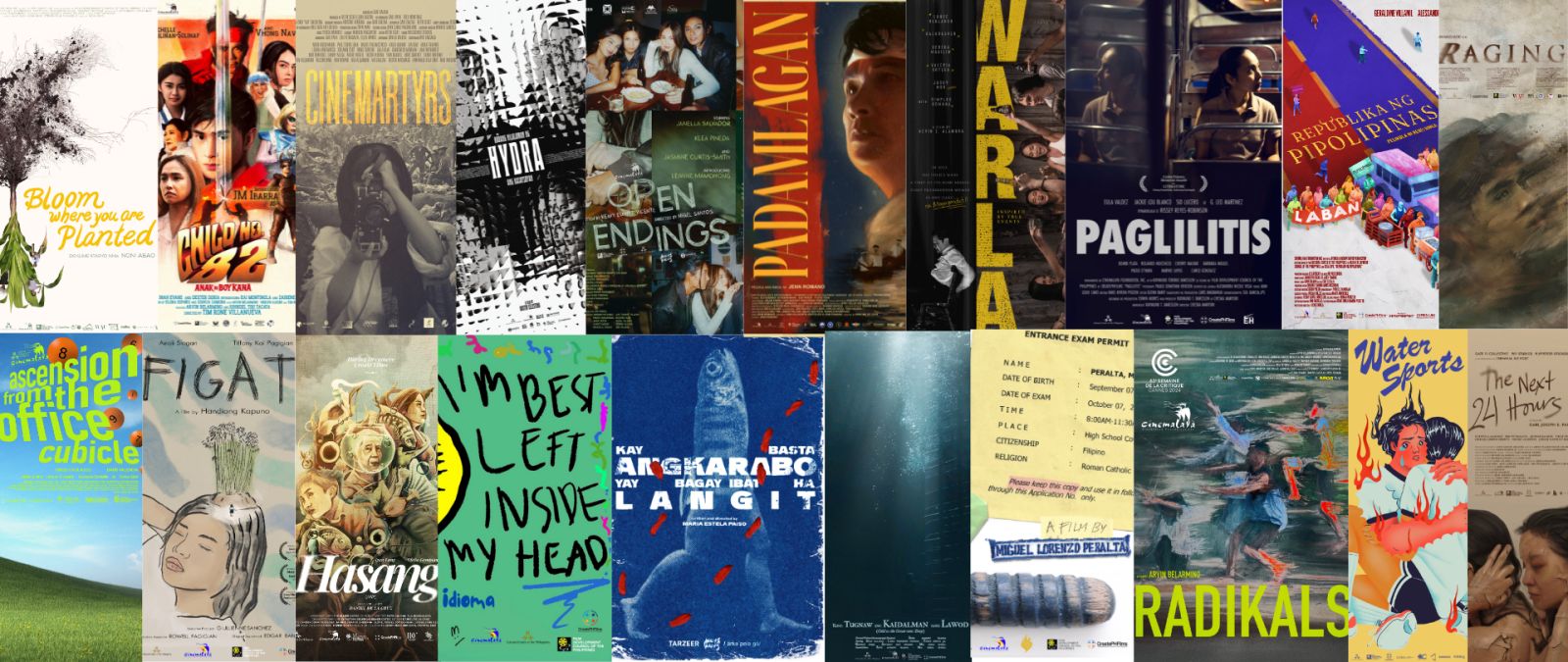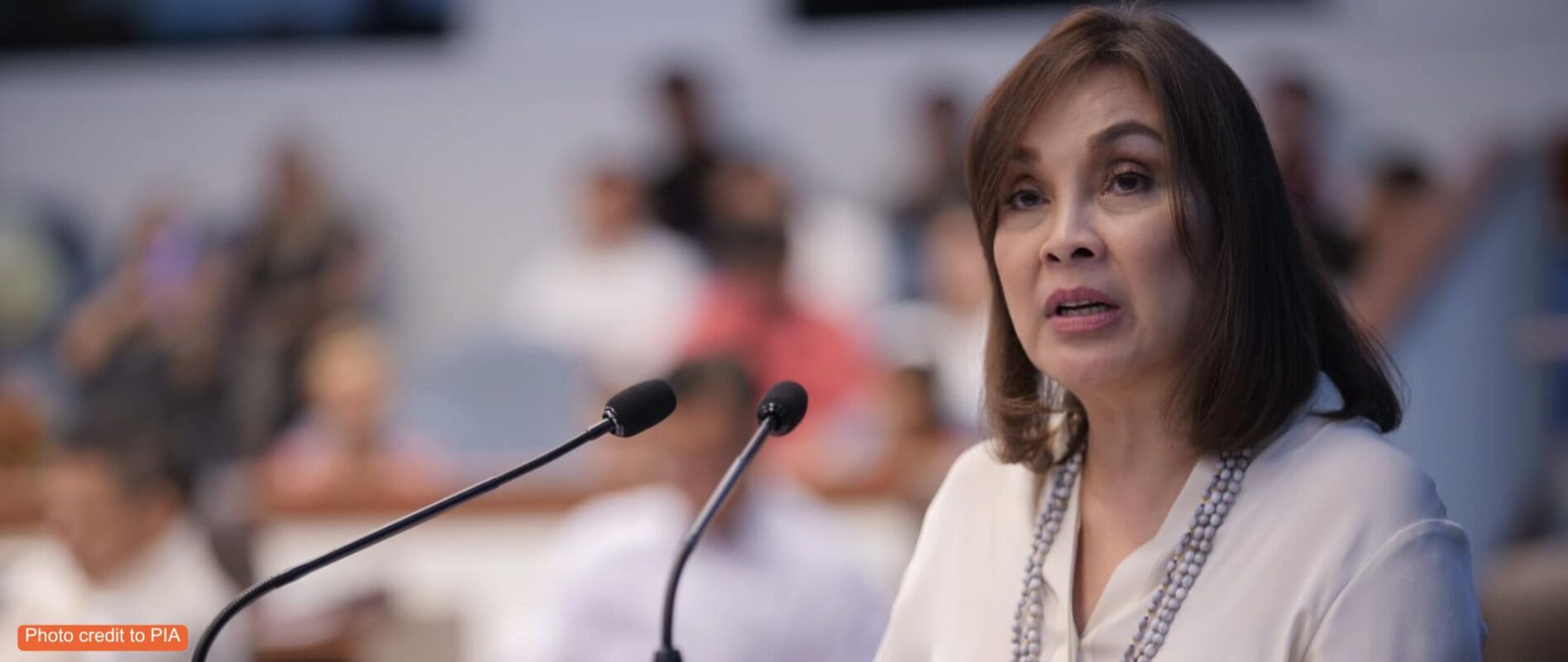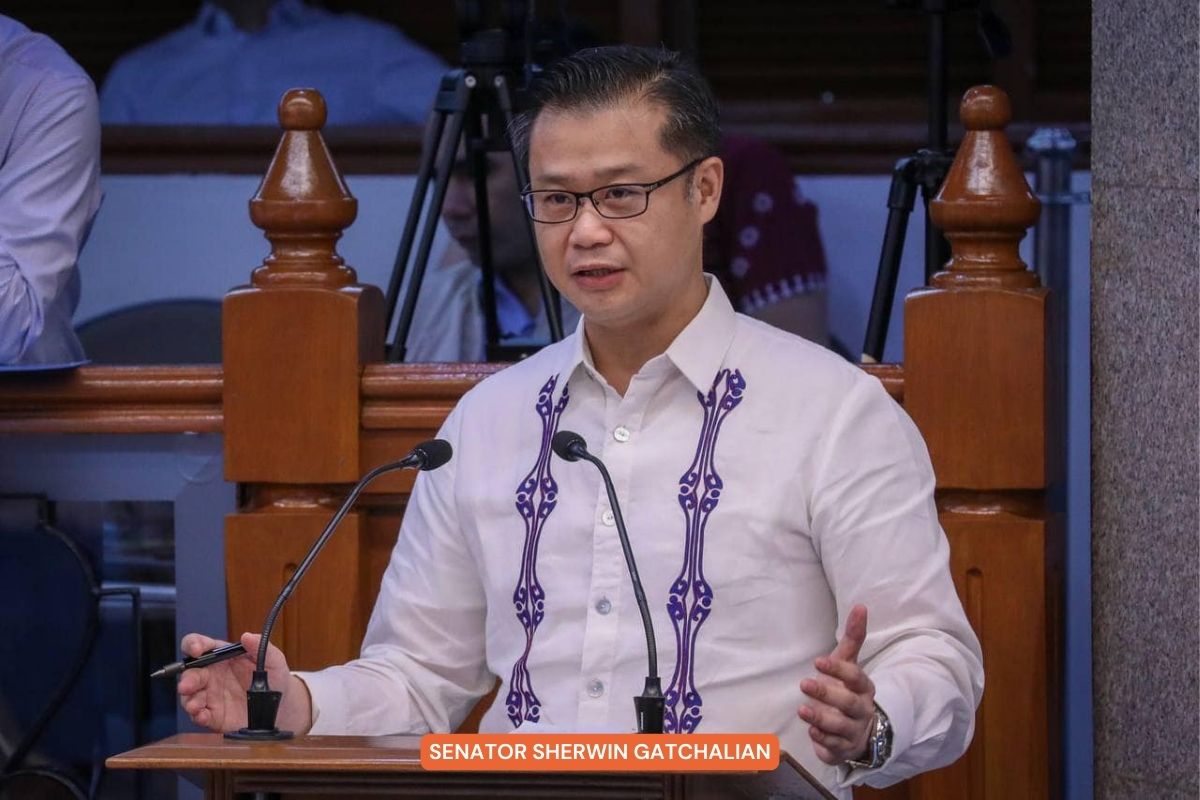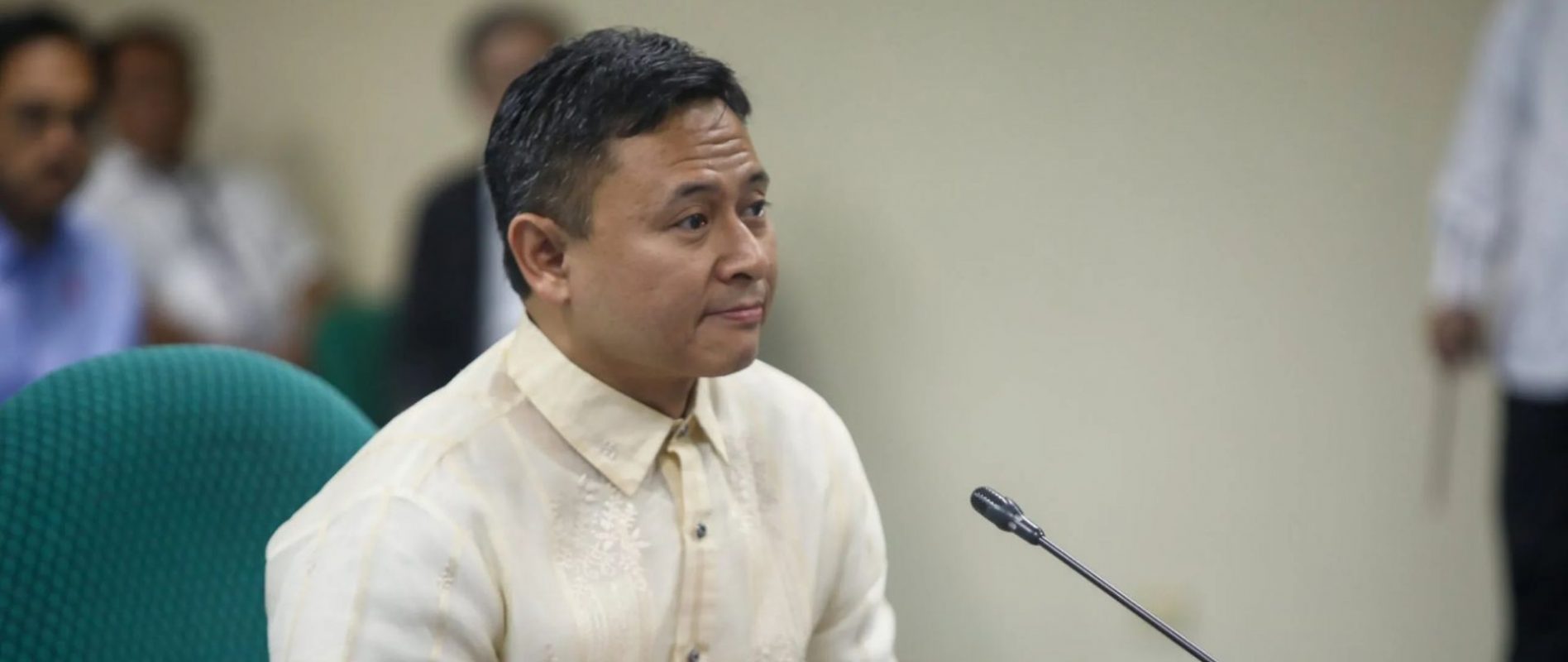JANINE BERDIN AND THE LOSING GAME OF SOCIETY’S IMPOSSIBLE BEAUTY STANDARDS
Come on guys, it's 2020. Instead of ridiculing women who have done cosmetic surgeries, maybe we should try harder to eradicate the system that makes them feel like they have to get some in order to be beautiful.
Tawag ng Tanghalan Season 2 Champion Janine Berdin greeted October with a whole new look, as the Internet was quick to point out. The young singer shared a photo sporting purple ash hair from a local salon, but as the compliments flooded in for her fresh ‘do, many were also loud in the comments about her alleged nose job. This resulted to the Philippines having another, but much-needed, conversation on beauty standards, cosmetic surgeries, and a woman’s choice.
Speaking out about the issue, Berdin said she now feels a lot happier and less self-conscious about her physical looks because she wasn’t afraid of change: “Do something to make yourself happy because you only live once.”
The Internet, once again, was split in half on what to take away from Berdin’s big change up — as if it was totally acceptable to have such an opinion and broadcast it online in the first place. But it seems that that is the way of the social media era, and the cost of providing everyone a space to voice out their opinions.
As expected, many Filipinos openly condemned the 18-year old’s permanent cosmetic surgery, bringing in the age-old argument that procedures as such are unnatural and ungrateful to the original features we were given at birth. The other side argued that it’s something that should just be accepted and normalized as part of today’s world–anchoring on one’s freedom to choose what he/she feels is right for him/her.
Both lines of reasoning have truths beneath them, mainly pointing to the harsh reality that the world’s beauty standards are impossible, most especially since the one definition of beauty generally paints a Western, non-Filipino convention, and it’s these very unattainable standards that make people feel as if they need surgery to begin with. Normalizing these procedures would ultimately normalize the benchmarks put in place to make people feel like their looks are far from beautiful. But at the same time, condemning them for trying to meet those standards achieves absolutely nothing, and invalidates the choices they make for themselves.
no we dont ❤️✨
nothing about cosmetic surgeries should be normalized bc the plastic surgery industry capitalizes on non-white people's insecurities and pushes eurocentric beauty standards, and it would be especially harmful to those in the philippines. https://t.co/qEi76CBvMe
— ???????????????????????? ⁷ (@thranduilien) October 7, 2020
I don't think so. We should stop shaming, yes. But I think the more we normalize it, the more we normalize high beauty standards. Just look at Korea, people are pressured to get surgeries at a young age bec a lot of them think they don't fit in their society's beauty standards. https://t.co/211pjdq6Ys
— Meg (@megvalencia) October 8, 2020
ya ok ppl can do whatever the fuck they want with their bodies but can we stop pretending choosing to undergo plastic surgery happens in a vacuum?? literally so much of it is built on the hatred of features belonging to or associated with opressed groups and minorities https://t.co/00ahzpZwLl
— angela (@MlSSANGELA) October 7, 2020
Now we have celebrities like Janine Berdin, Arci Muñoz, Miho Nishida, and more, who once felt less beautiful and less confident in their looks, but made the bold choice to undergo surgery for their own happiness, only to face mockery and disrespect from the Filipino society afterwards. This replaces years of insecurity with just another psychological wound telling them that whatever they do, they’ll never meet the world’s definition of beauty.
The reality is that Janine Berdin is an incredibly gifted singer, no matter how she looks like. However, because her nose was leaning more towards the flat, “pango”, side which most Filipinos are born with, she was simply not getting the recognition she deserved because her looks didn’t meet our Western ideologies of beauty. If we look closely at all the successful and popular female celebrities we have in the Philippines, most of them stand out with their fair skin, large eyes, and high-bridged noses. In other words, they present a different picture from the average Filipino — effectively achieving an image of aspiration fueled by the large gap between their beauty, and the “normal” or “ordinary” beauty we see in the faces of our families, friends, and neighbors.
So, despite one’s talents, smarts, and achievements, it seems that our society merely works with beauty as its number one basis of success and recognition. Even those who society deems as “beautiful” have their own insecurities, one way or another, and it ultimately breeds into a culture of general dissatisfaction and unhappiness for all.
There’s no winning. Sadly, we’ve created a society that always has something to say, even on matters that don’t really affect them in any way. At the end of the day, it all boils down to a person’s choice.
What we need to do as a community is to come together and promote a safe space for everyone, no matter what they look like. In an ideal world, we won’t have young women who feel like they need to change themselves to be socially accepted and successful, and getting cosmetic surgery won’t automatically mean as such. In a perfect world, people will have the freedom to be happy in whatever they choose to do, so long as it doesn’t hurt anyone, and no one will as much as bat an eye on something as trivial as beauty.



